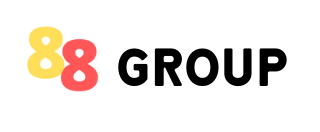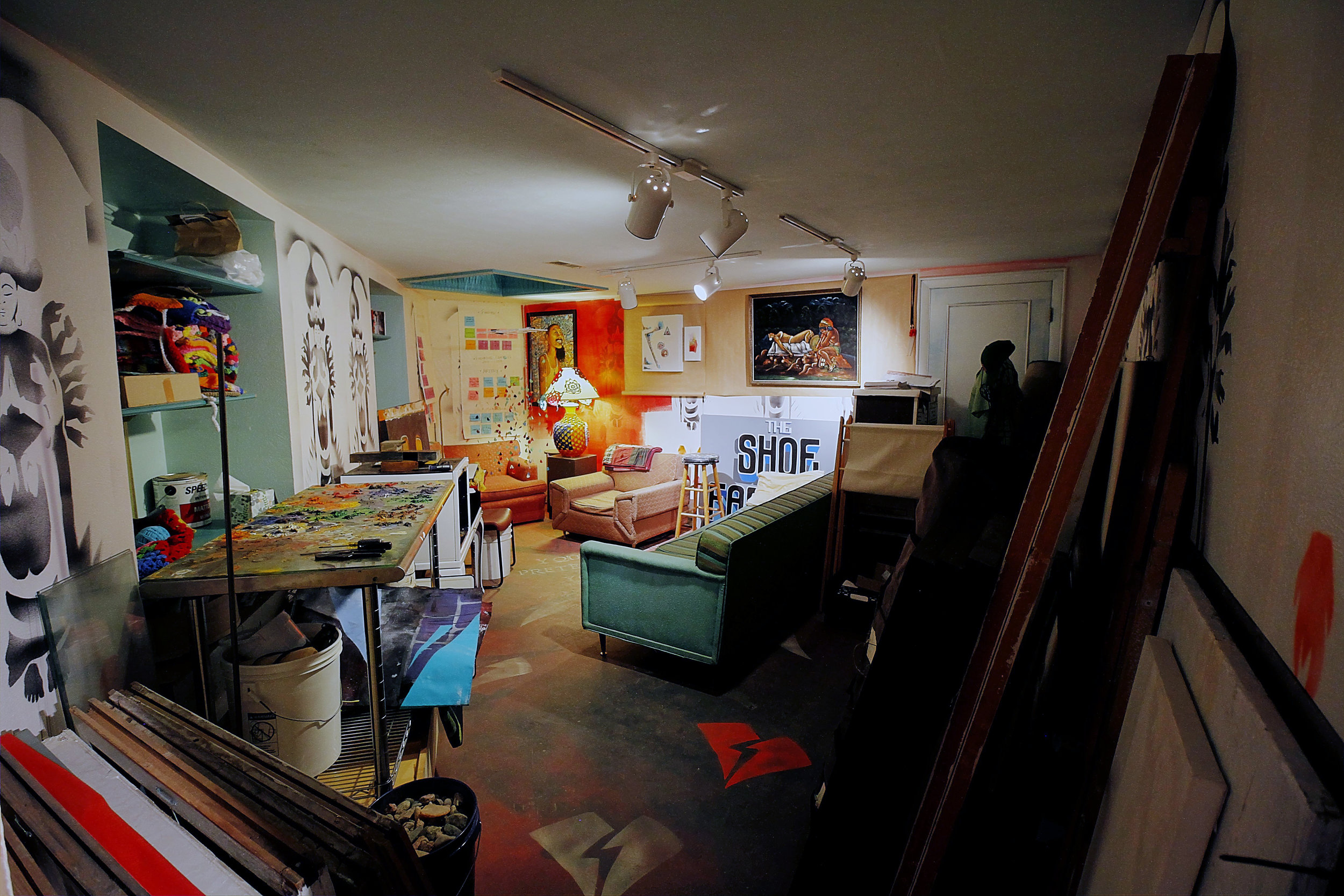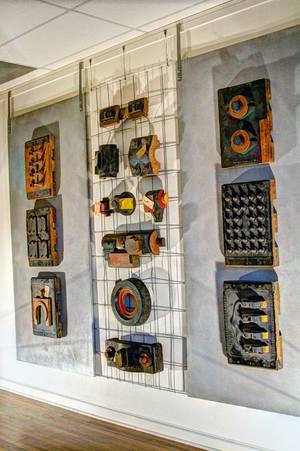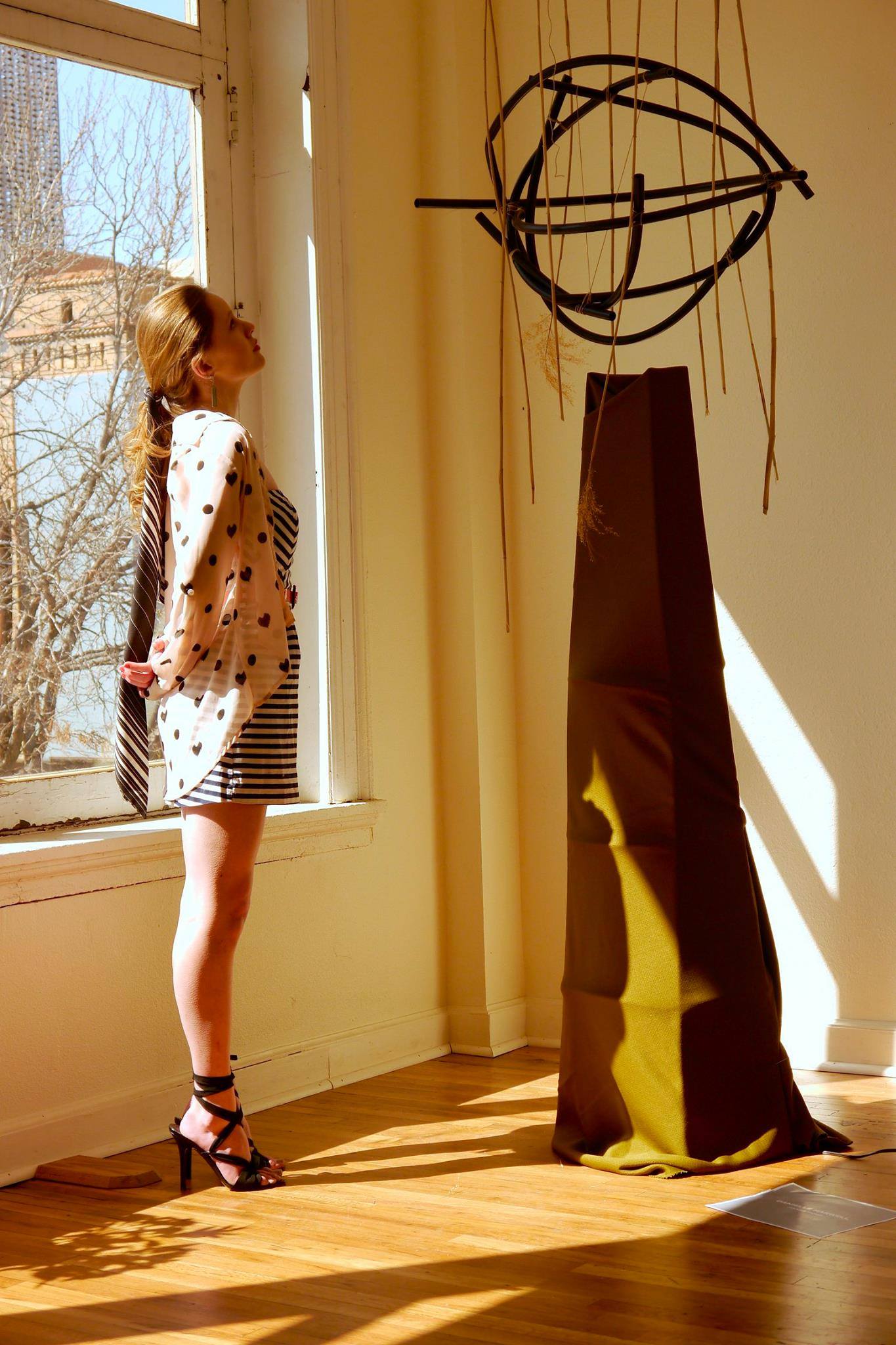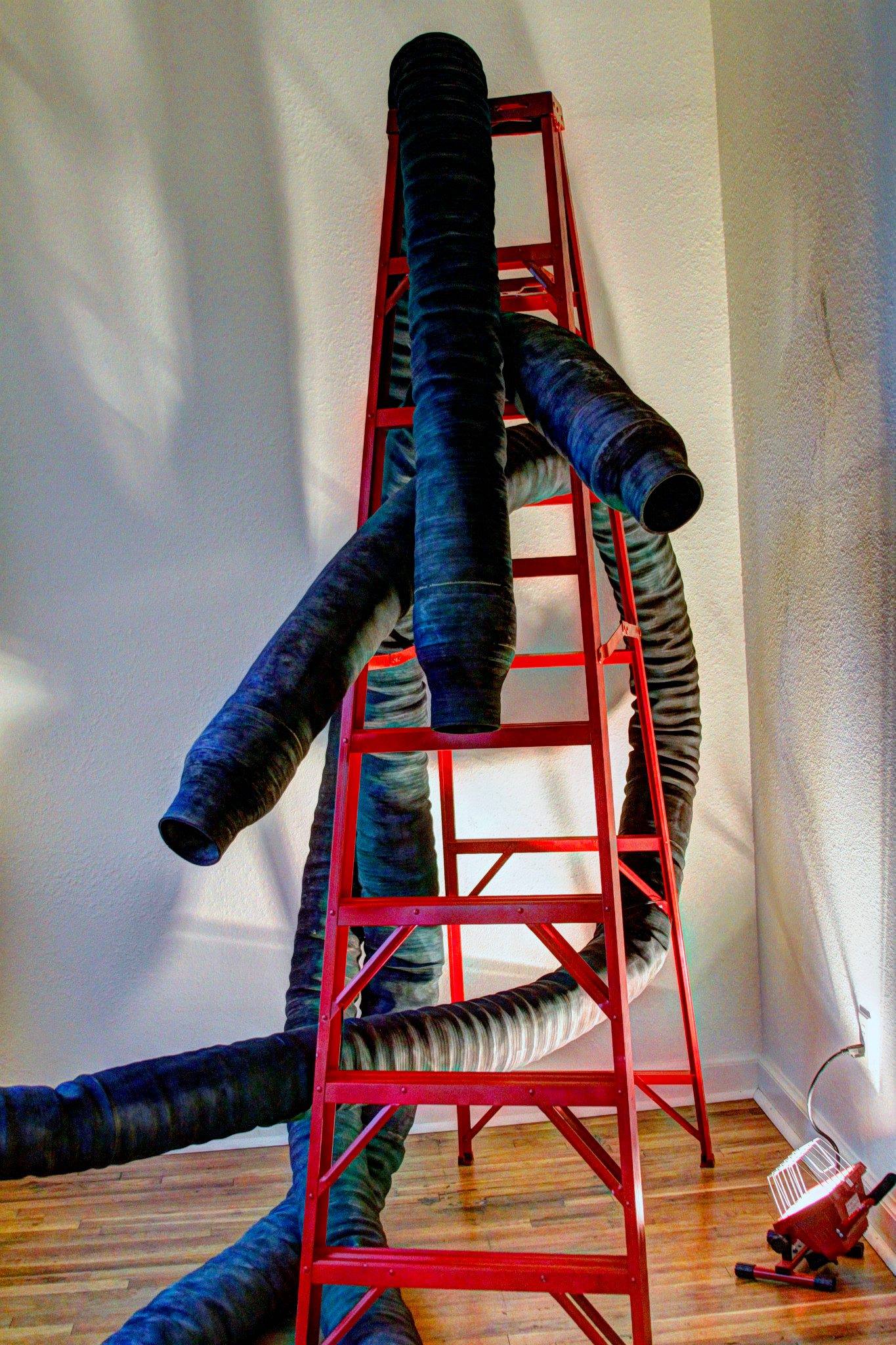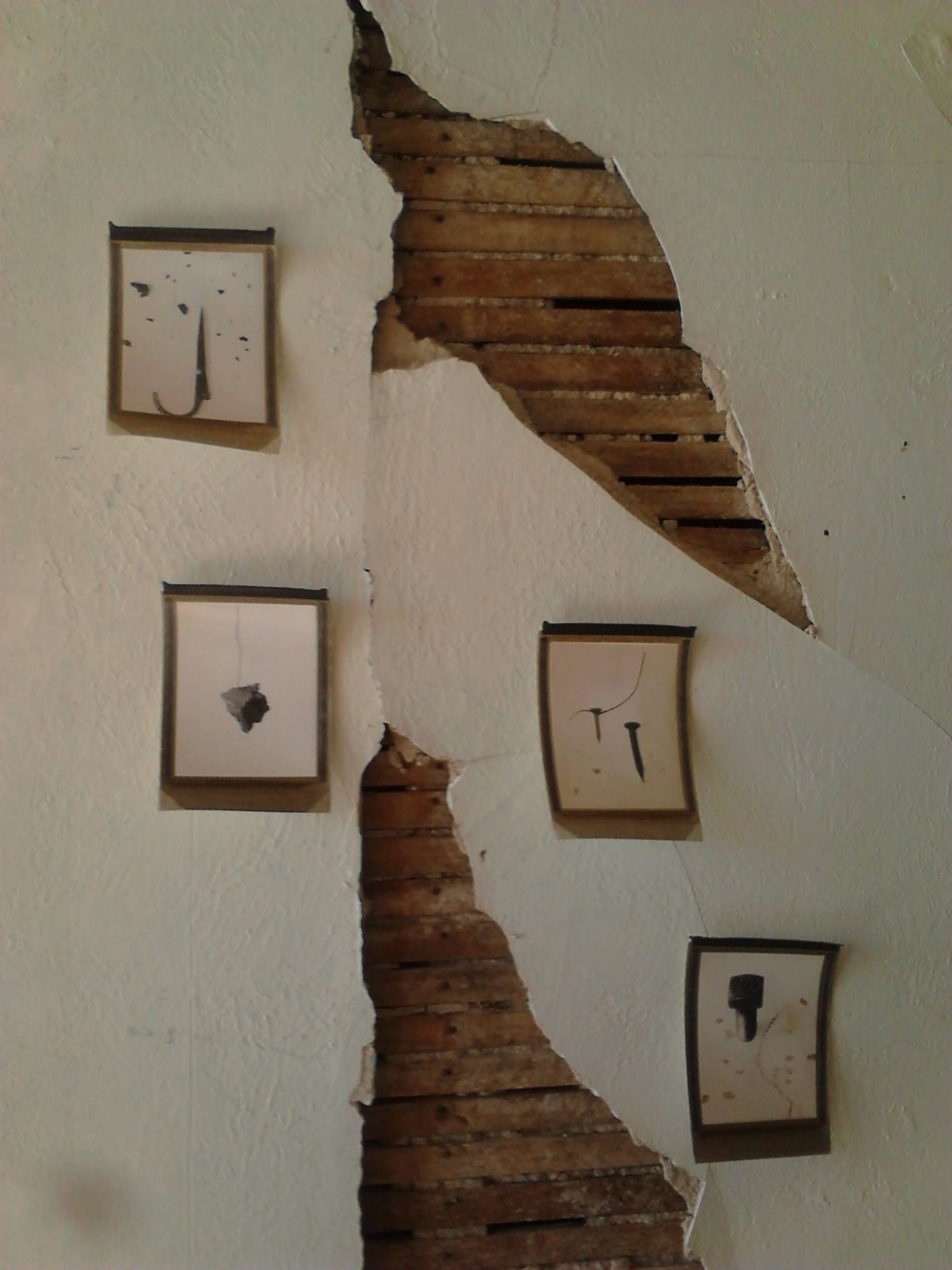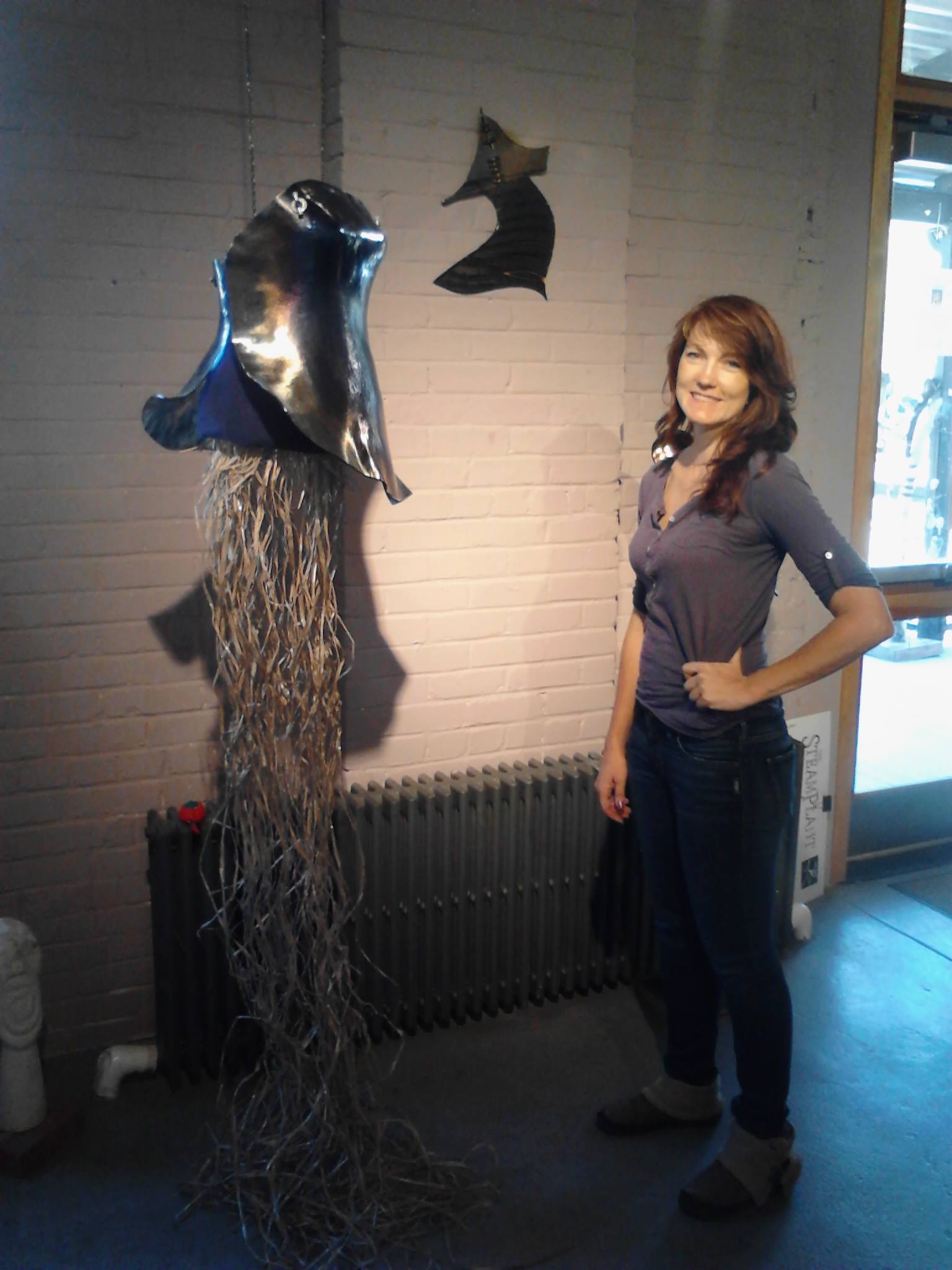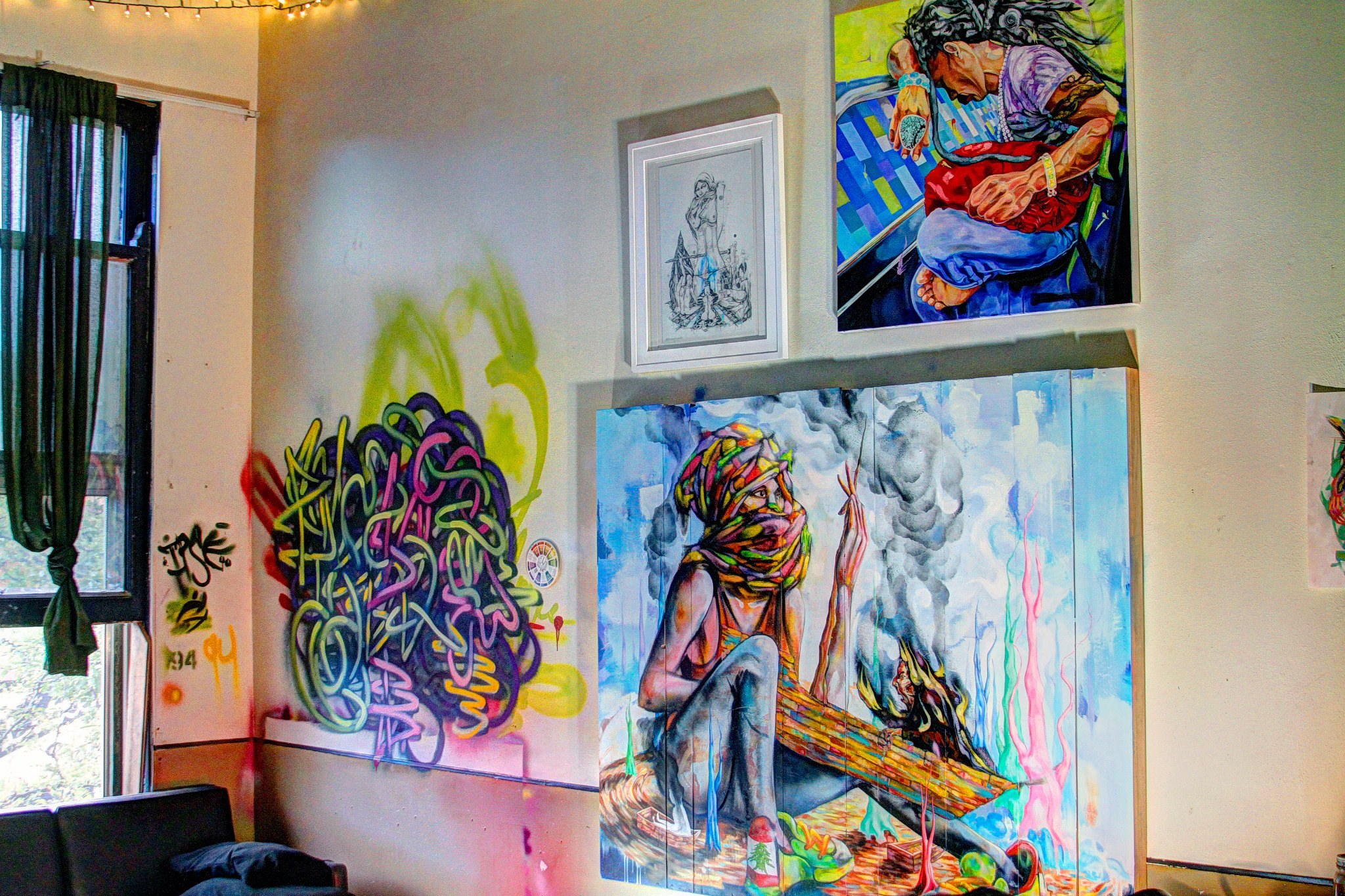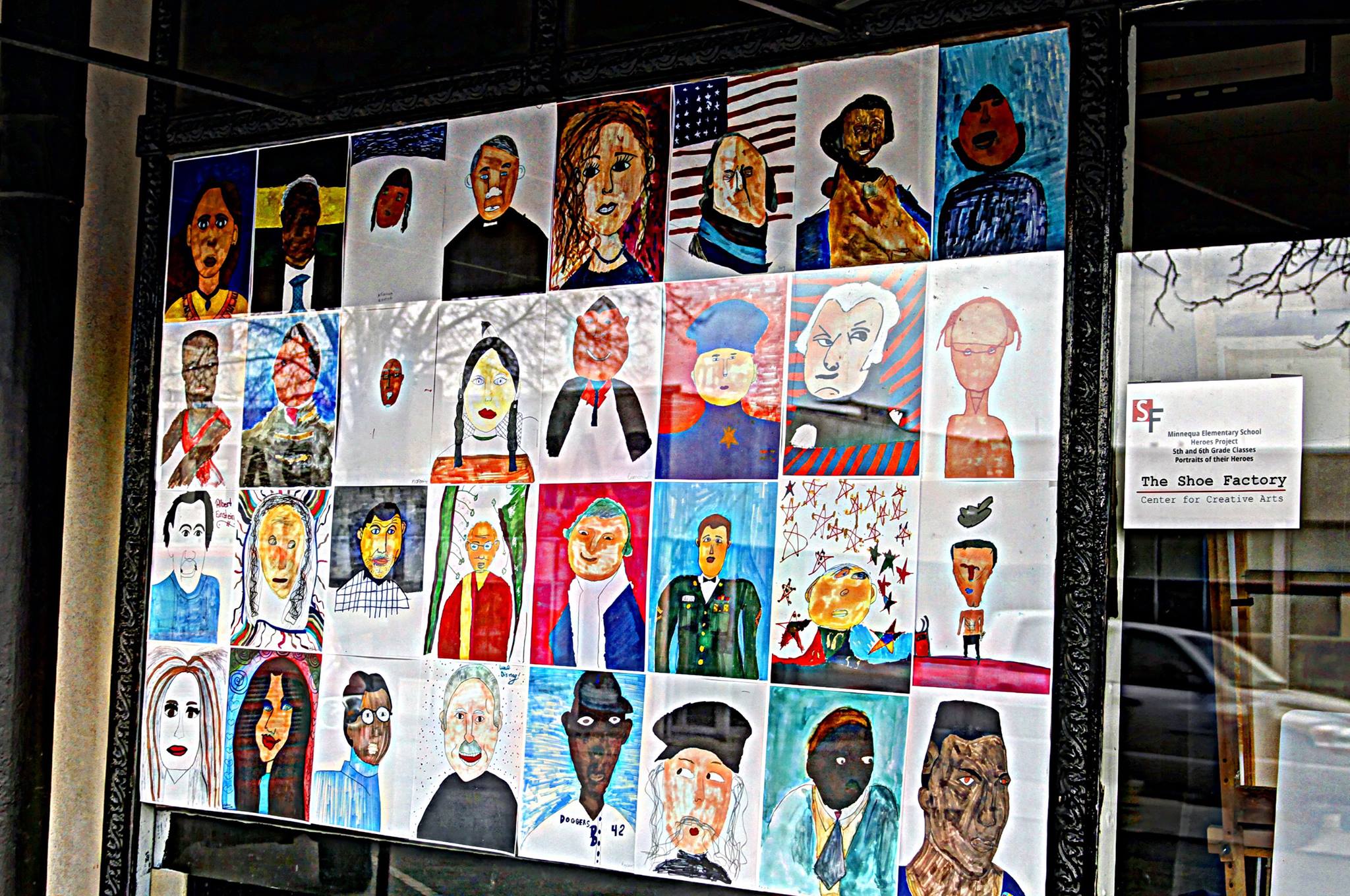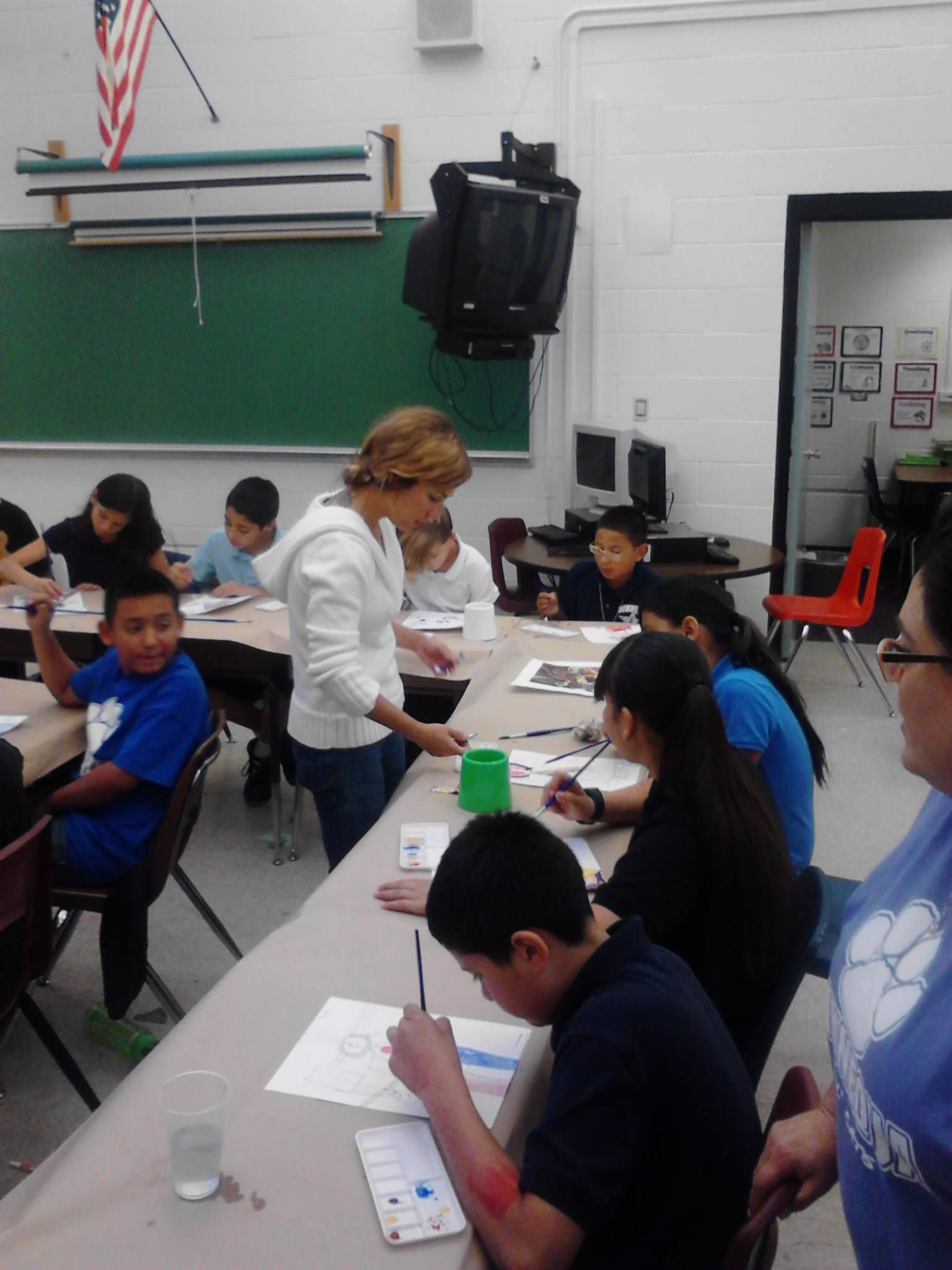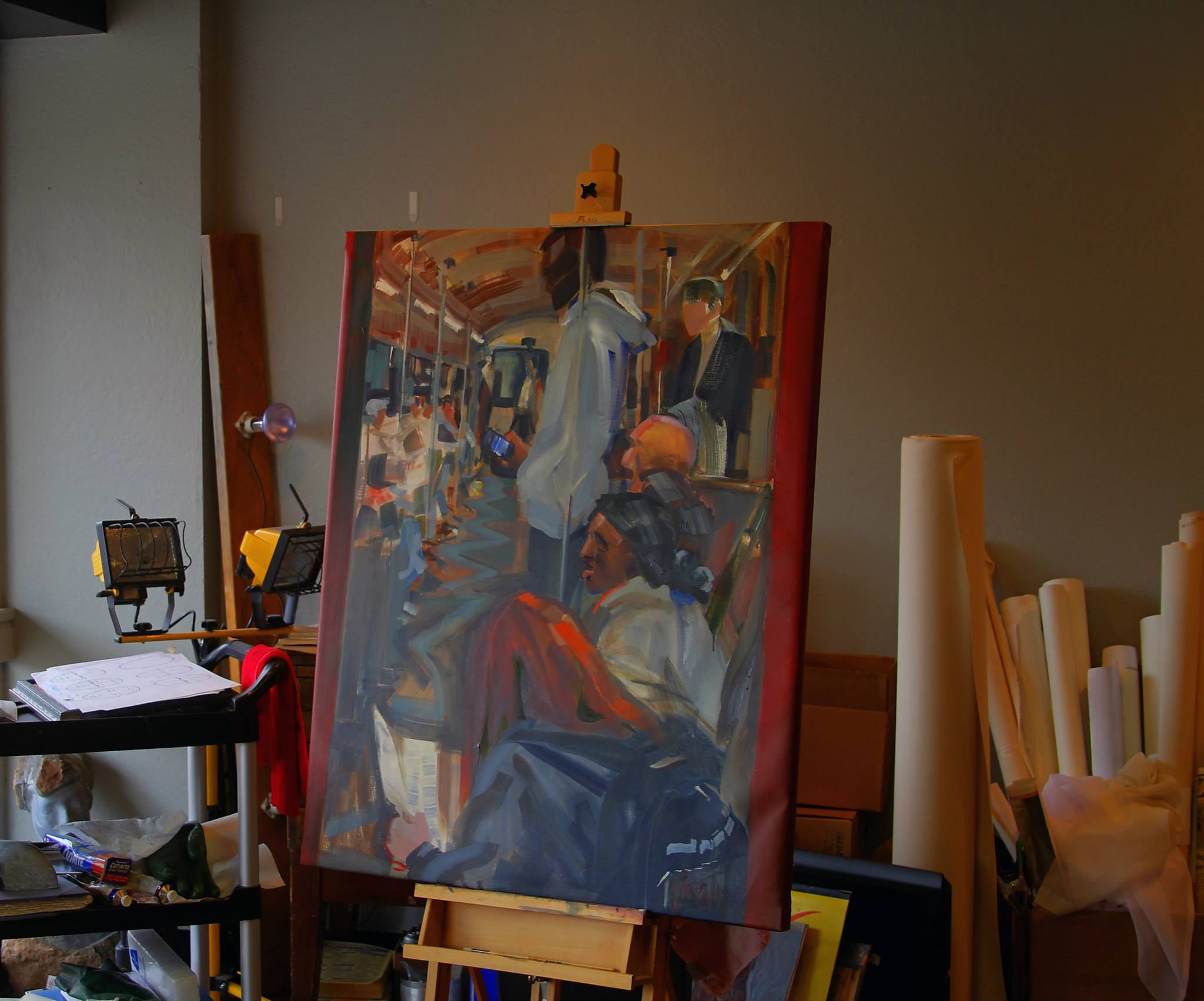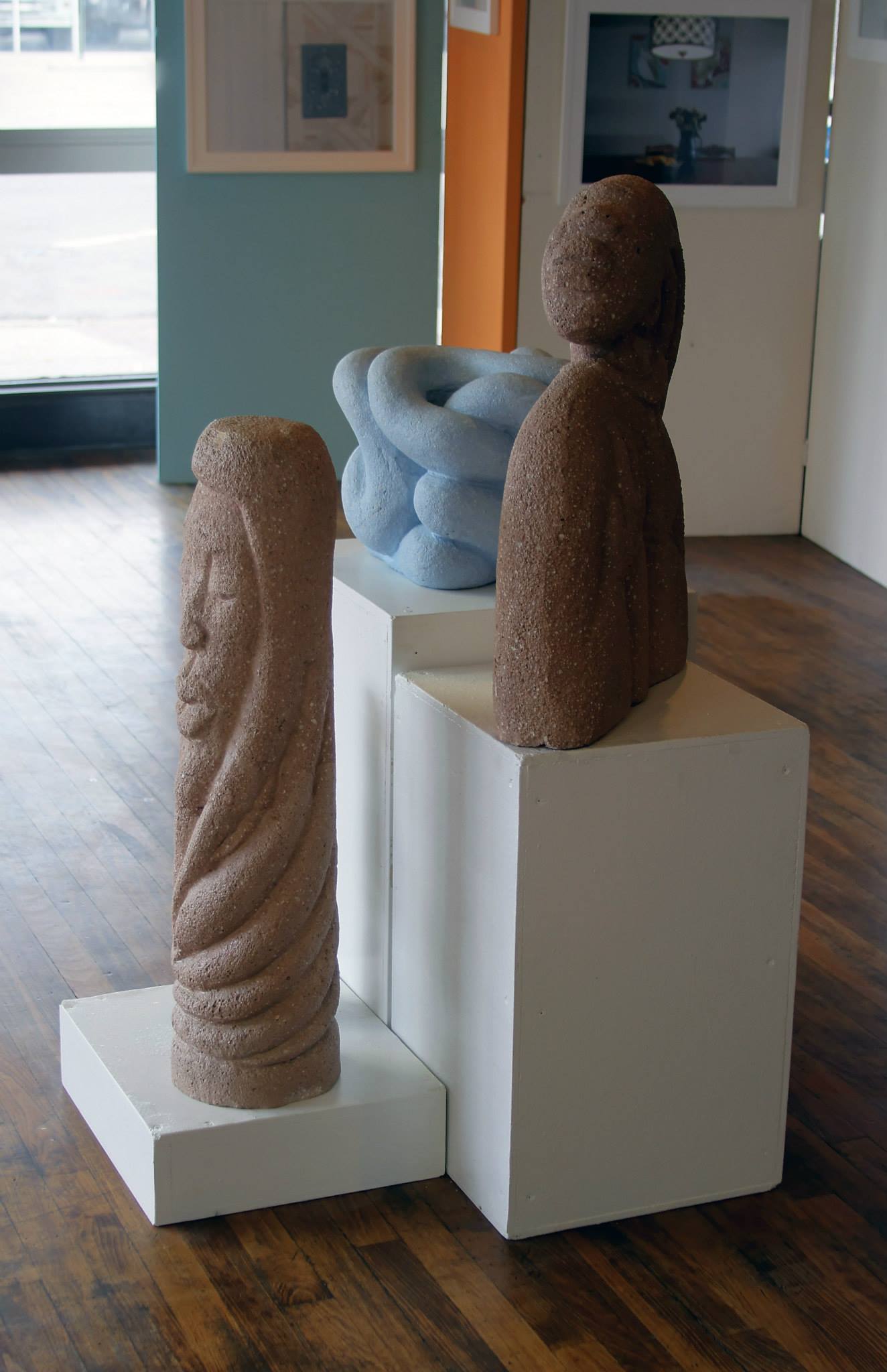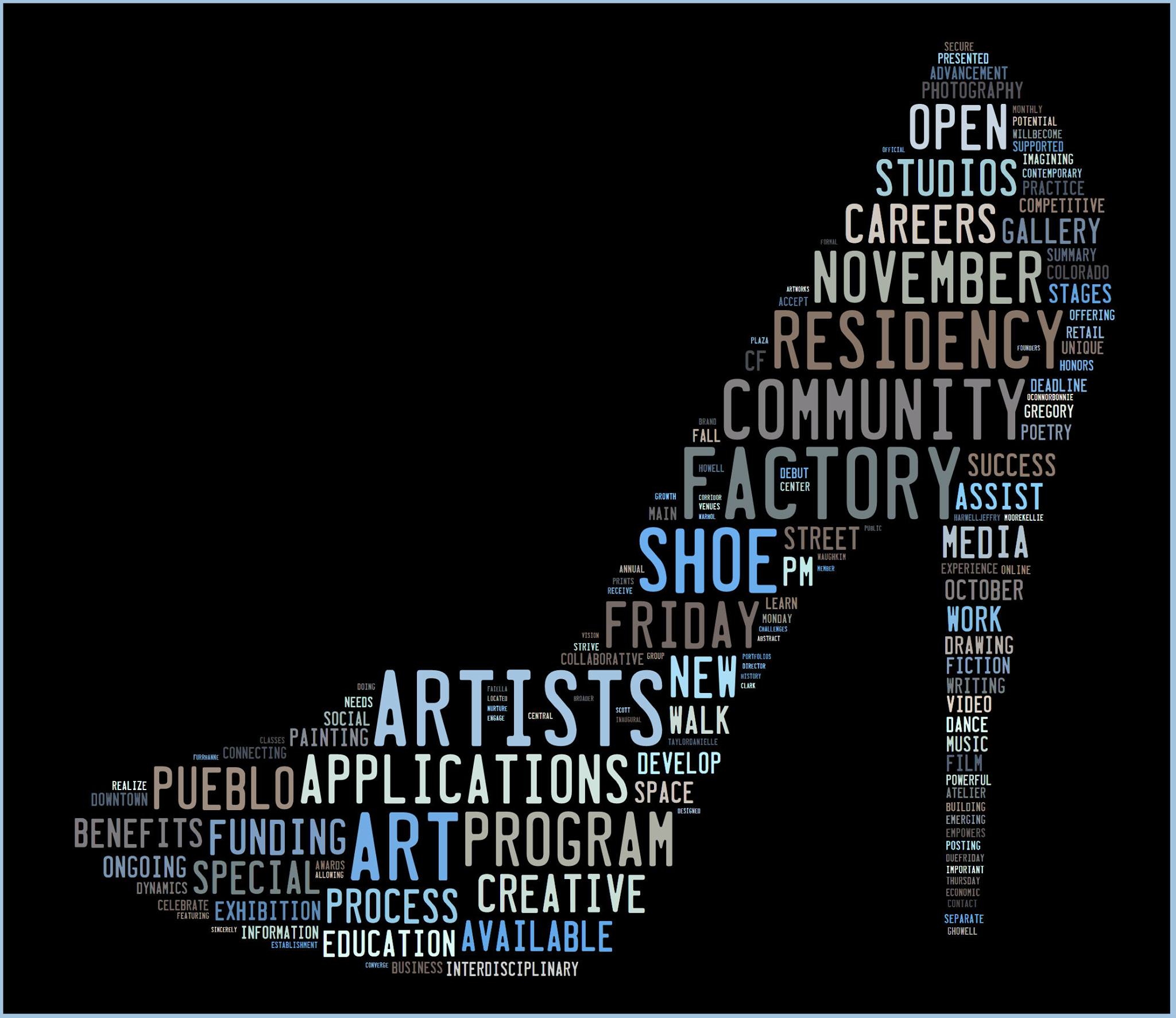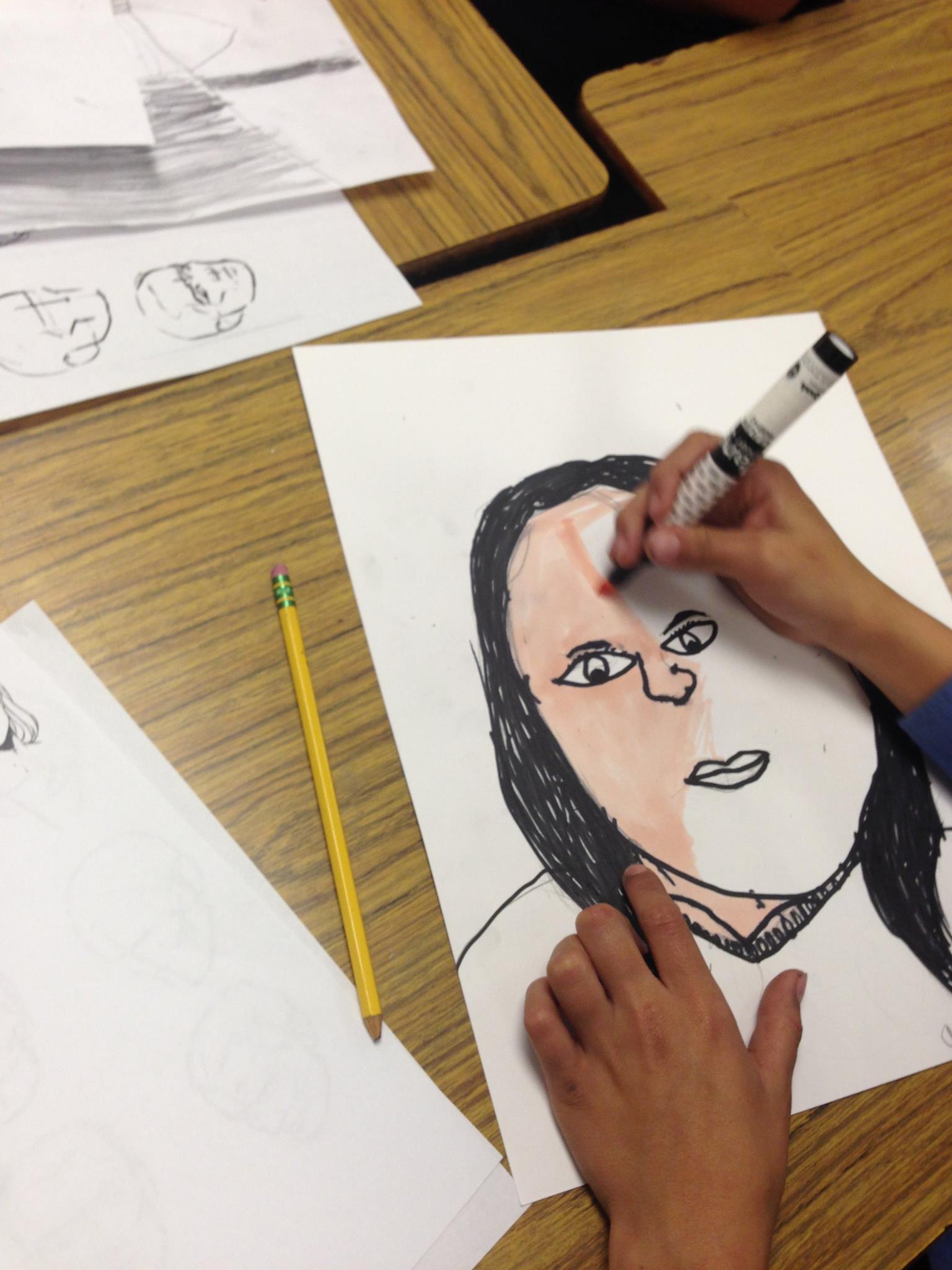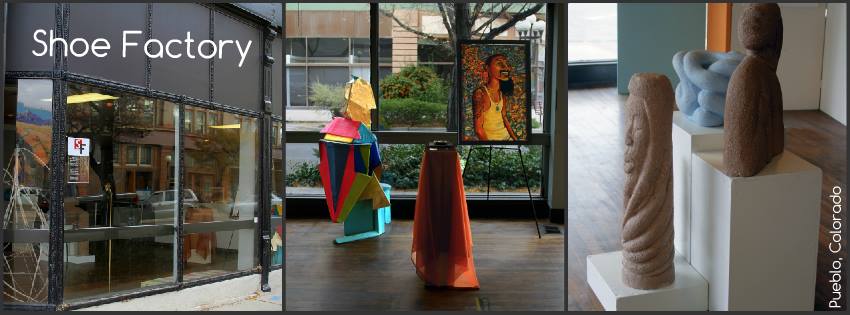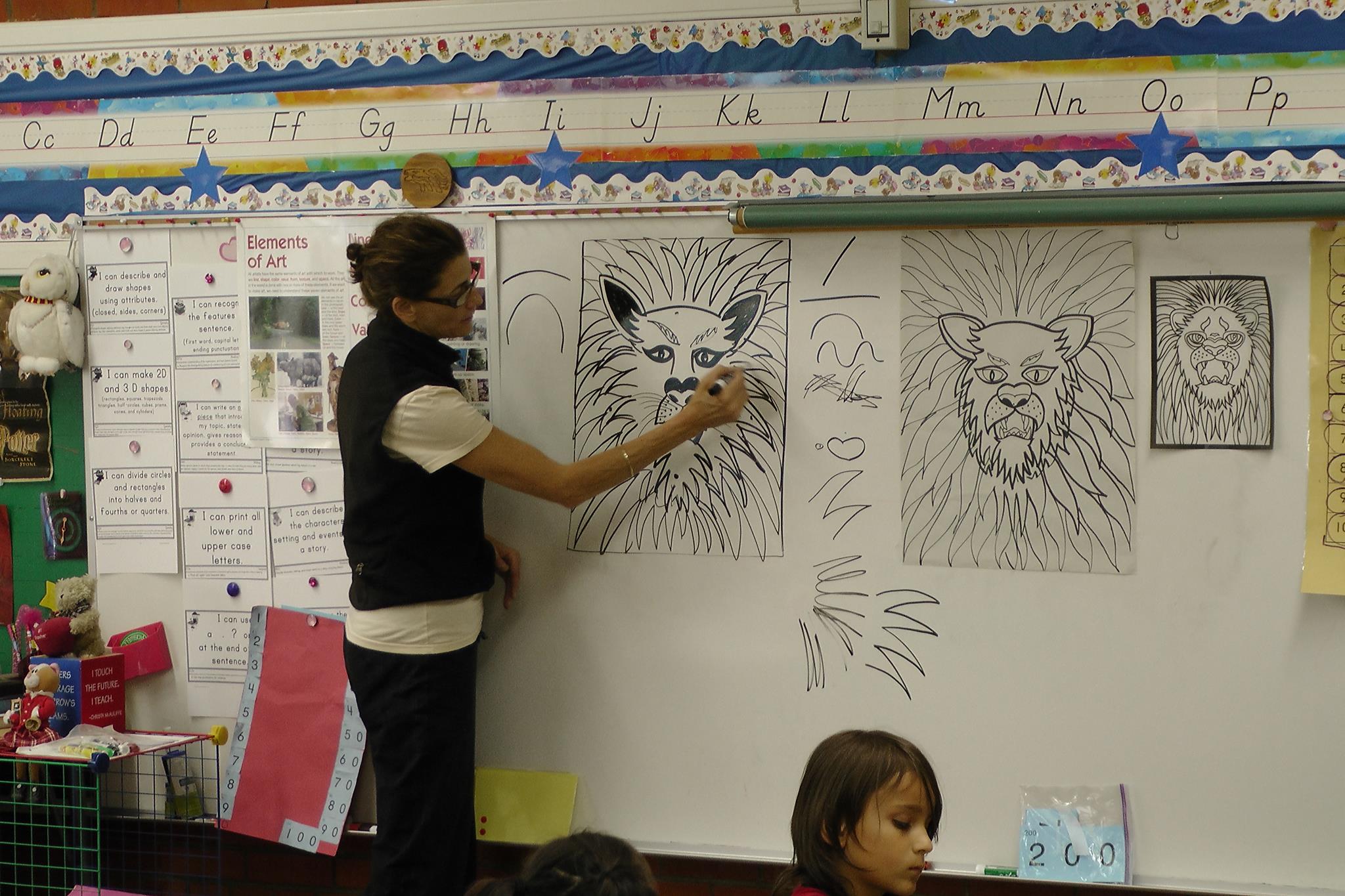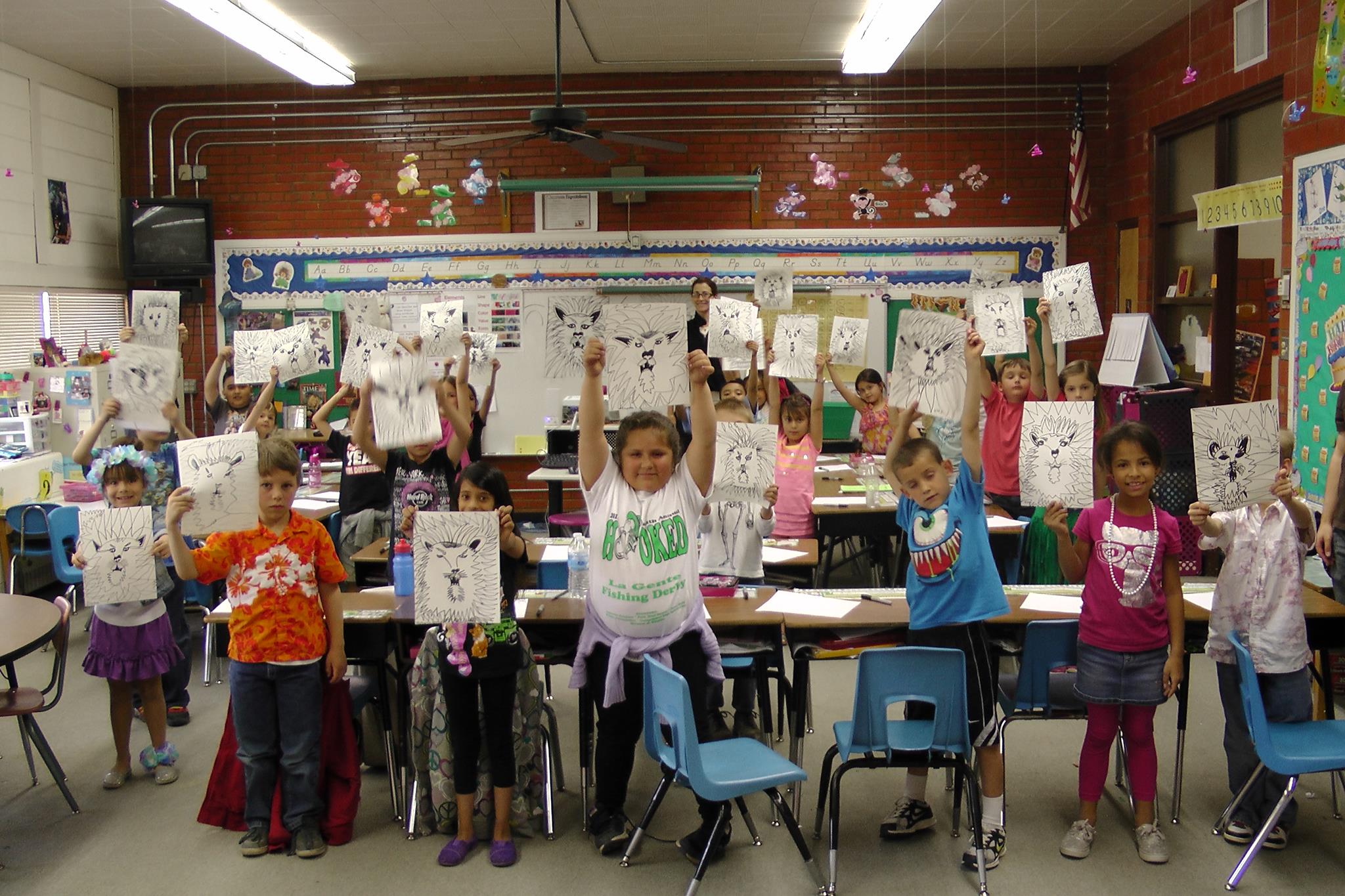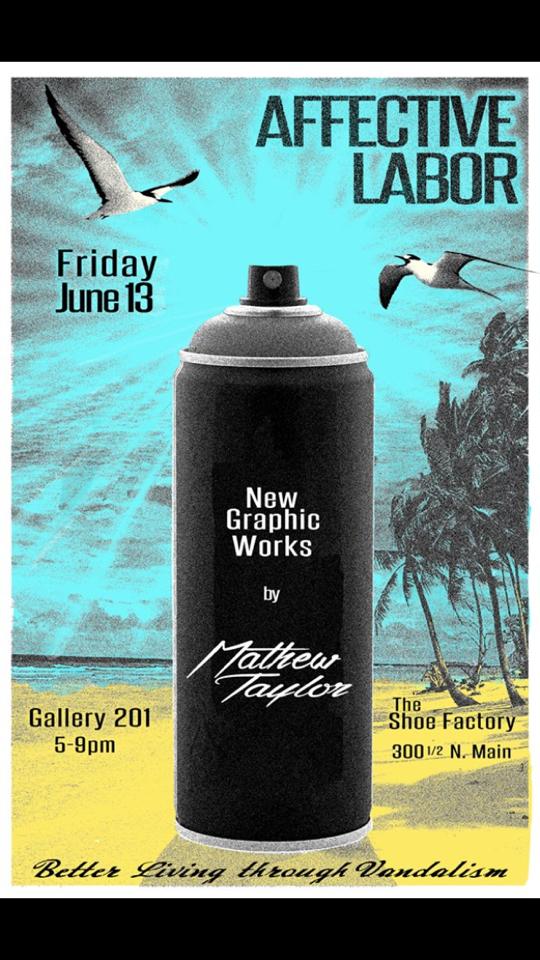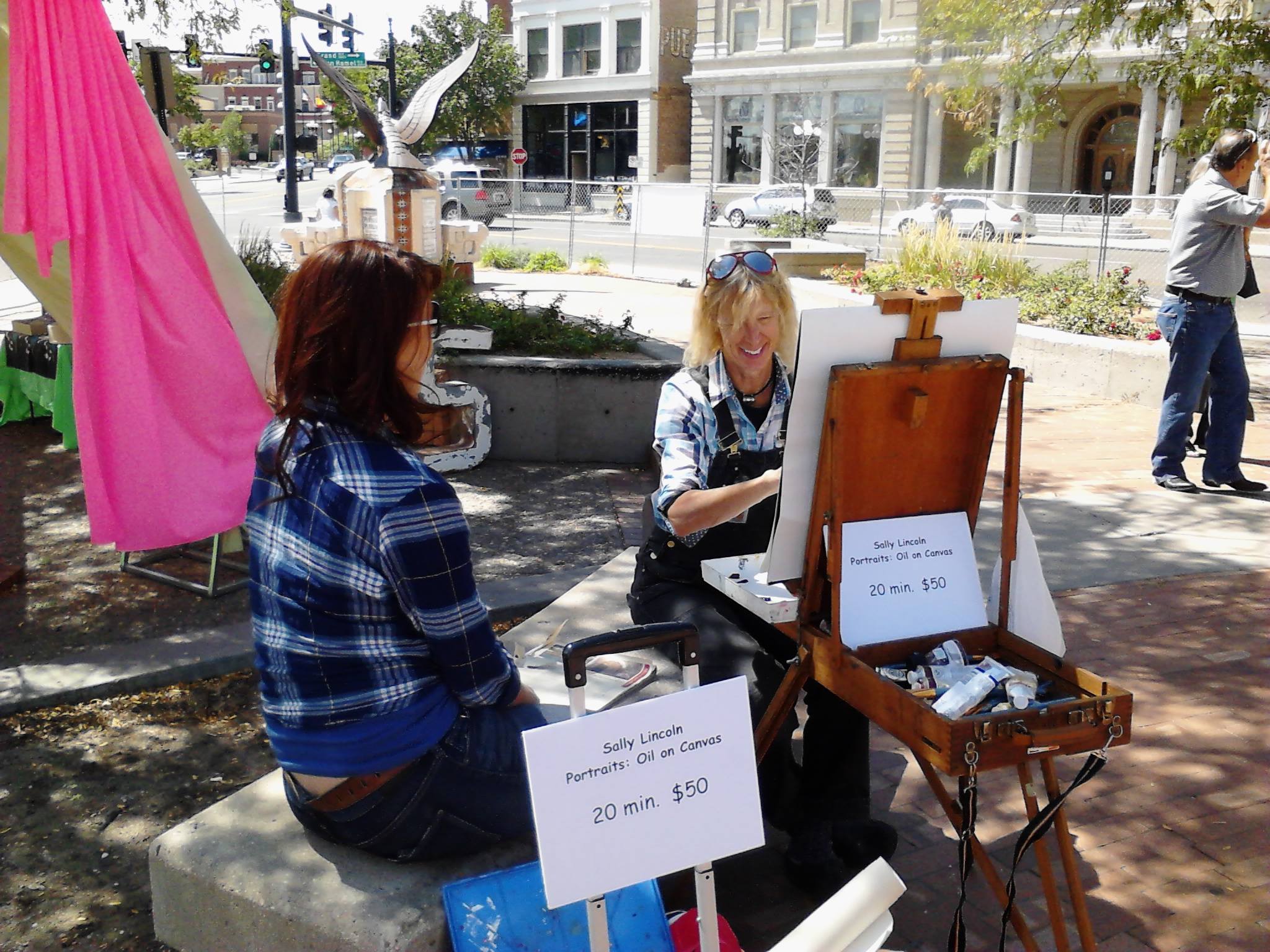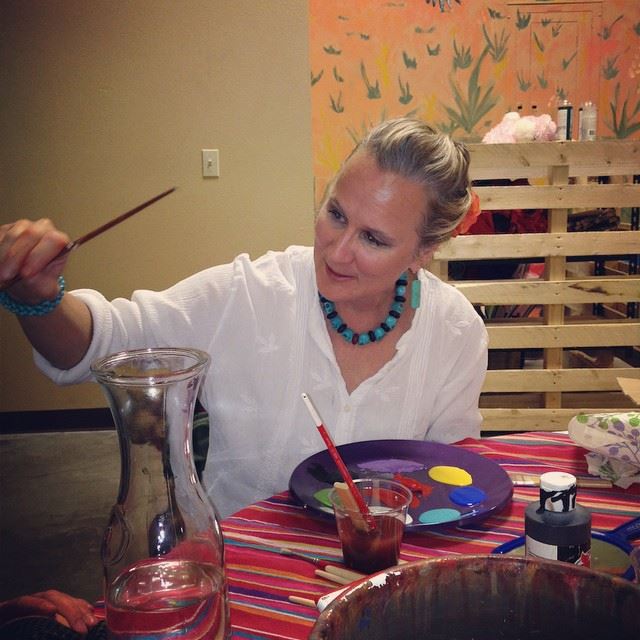Mural by local artist Mathew Taylor inside Kadoya Gallery on Central Plaza.
“Creative places anchor communities and help foster cohesion and engagement at a time when our nation is divided and its values are tested. Creative businesses can also generate quality jobs.”
Infrastructure for the Creative Economy
The 88 Group realizes the importance of the creative economy when developing sustainable solutions. Pueblo's award winning Creative Corridor is an excellent example of how communities can leverage the strength of their creatives, makers and small batch artisans in the local economy when looking to the future. Every boardroom should have a sculptor and poet to help navigate the fluid and ever-changing landscape of commerce today.
We realize the importance of developing, constructing and redeveloping commercial real estate, mixed-use projects, community facilities, and infrastructure and signage projects in state certified or candidate creative districts.
Projects for the Community
Makerspace
What is a makerspace? You’ve no doubt been hearing that word more than a few times over the past several years. Makerspaces are collaborative spaces where people gather to get creative with DIY projects, invent new ones, and share ideas. Many offer community resources like 3D printers, software, electronics, craft and hardware supplies, and more. The idea of a communal creative space has only gained momentum and become increasingly popular over the years, and the makers’ movement shows no signs of slowing down.
There were more than 135 million adult makers, more than half of the total adult population in America, in 2015. Pueblo's unique industrial blue collar culture is emblematic of the maker culture and the foundation required to foster conversations focusing on innovation and sustainability. Pueblo hosted its first official Mini Maker Faire (Oct 2017) at the Colorado State Fairgrounds in Pueblo, which officially sanctioned our community as a destination for the Makers Movement.
The Shoe Factory
Artists Programs at the Shoe Factory are designed to support artists, the creative process, and the development of new ideas and new work. These programs provide opportunities for research, experimentation, professional development, and peer-to-peer exchange and ultimately aim to foster creative breakthroughs and new modes of working and thinking.
The Shoe Factory is a member-supported art atelier where arts, education and community converge. The first core group of artists answered a need for creative space for artists by organically coming together for a common cause and in a matter of six month painters were talking with sculptors and photographers were working with sound installation artists. As the culture evolved, so did the programming which included a K-12 Arts Education Program, DBA: Doing Business as an Artist, and other community and self-improvement opportunities.
The founders of The Shoe Factory are artists, entrepreneurs and philanthropists. They have first-hand experience of the challenges that emerging and mid-career artists face as they develop their portfolios and build their careers. Their goal is to assist emerging artists as they take their professions to the next level and export the creative process to a broader community.
Commercial Kitchen
Community commercial kitchens available for rent to members of the public are a relatively new phenomenon. These kitchens are often used as incubation facilities for beginning food entrepreneurs like caterers, product manufacturers, or food truck
operators. It may also be a means for local farmers to add value to raw product in order to expand their marketing potential.
Community commercial kitchens are different from other community kitchens in that they are licensed and regulated and may be used to create products for sale in wholesale or retail markets. Some community kitchens may be available in churches, park facilities, or through other local venues for various purposes but unless these kitchens are licensed as commercial kitchens, they are not permitted to be used to produce products for sale to the public.
